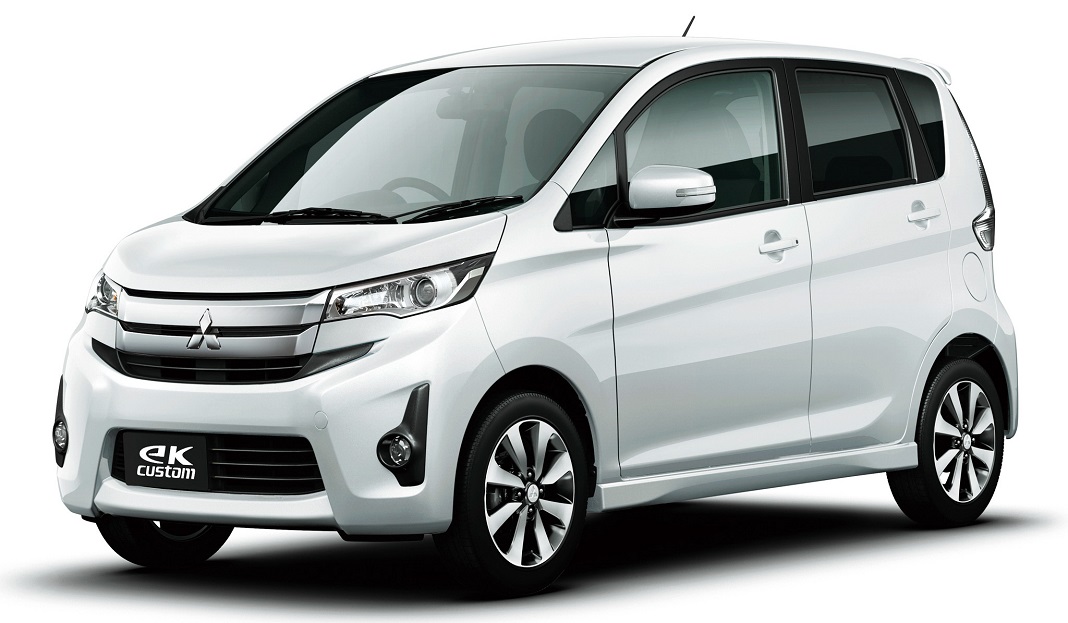Admission of misconduct, a contrite public apology, tumbling share price followed by government investigators raiding research facilities. With just the resignations of top executives missing at this point in time, this could easily be the Volkswagen scandal being played out once again, but only in a different continent, for a different car brand.
While the scope of Mitsubishi Motors’ misdeeds isn’t likely to be as far-reaching as its German counterpart’s (Mitsubishi sells around a million cars a year, a tenth of what VW typically does), the root cause has a familiar ring to it – Mitsubishi Motors cheated regulations.
According to a Reuters report, and confirmed by a press release issued by Mitsubishi, the misconduct was uncovered (ironically) when Nissan, its partner in a Japan market-only ultra-compact Kei-car venture, requested a review of the fuel efficiency values of the models that Mitsubishi developed and manufactured – namely the Mitsubishi eK Wagon and eK Space, along with the Nissan-badged Dayz and Dayz Roox.

The subsequent internal investigation by Mitsubishi revealed that a manipulation of rolling resistance resulted in ‘advantageous fuel consumption rates than the actual rates’, and that this data was used to obtain certification (or homologation) from the authorities. In Japan, manufacturers are ‘trusted’ by the government to undertake internal testing based on the methods prescribed by law; a practice commonly referred to as ‘self-declaration’. One would surmise that other Kei-car manufacturers must be looking over their shoulders anxiously.
 In a land where fuel efficiency is highly cherished (frugal cars also enjoy tax breaks), it comes as no surprise that Mitsubishi (and Nissan) have had to take the painful step of halting production and sales of the affected models with immediate effect. Mitsubishi is also checking whether other domestic models were also certified using improper testing methods, so expect the fallout to expand in the coming days and weeks.
In a land where fuel efficiency is highly cherished (frugal cars also enjoy tax breaks), it comes as no surprise that Mitsubishi (and Nissan) have had to take the painful step of halting production and sales of the affected models with immediate effect. Mitsubishi is also checking whether other domestic models were also certified using improper testing methods, so expect the fallout to expand in the coming days and weeks.
(Editor’s note: The non-compliance of regulations is a distinct and separate matter from advertised claims that may not meet customers’ expectations. For example, fuel efficiency claims from manufacturers are usually obtained under controlled environment as opposed to unfavourable real-world conditions, hence claimed numbers should only be taken as a general indication).